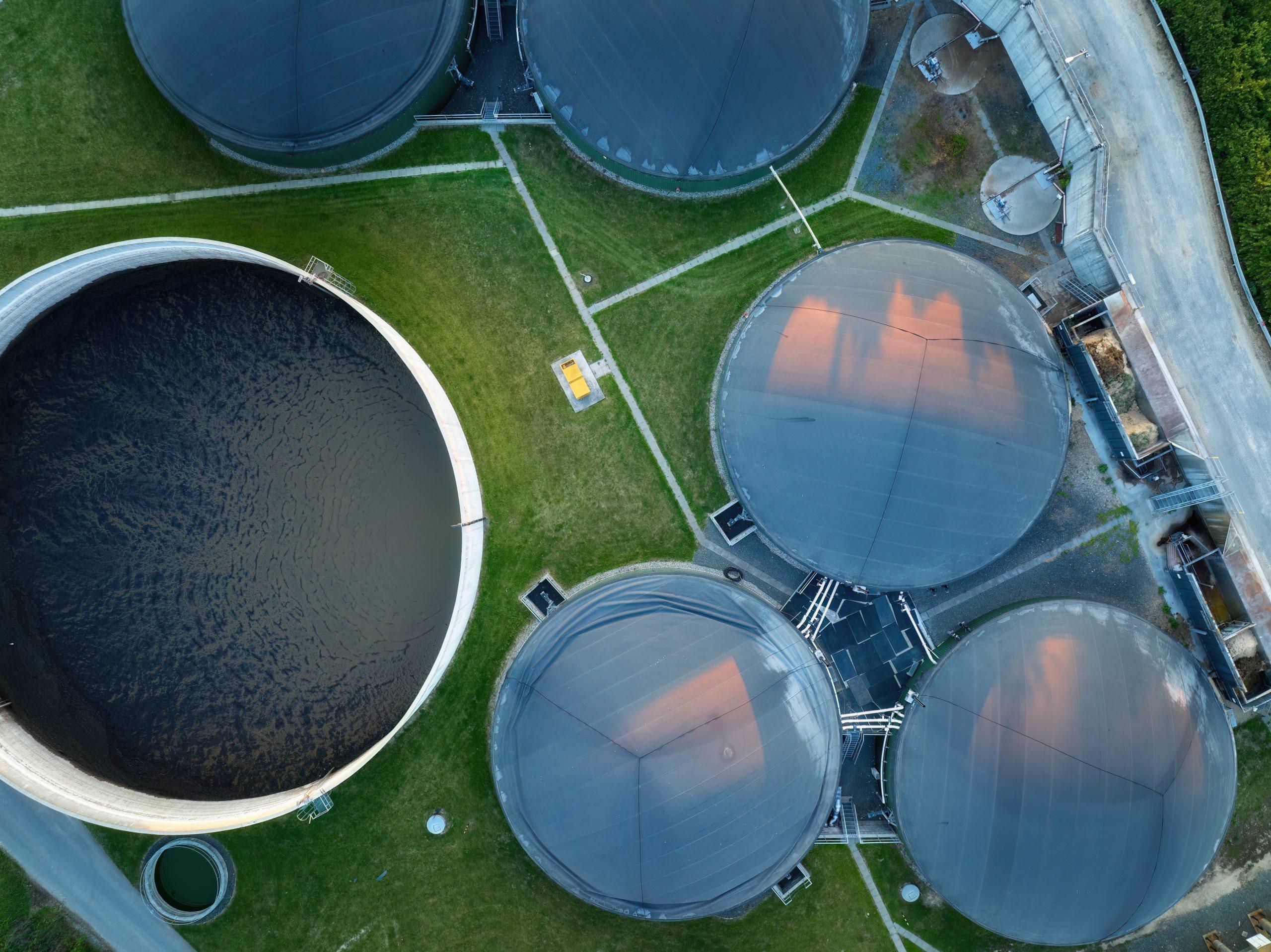Six Things Renewable Natural Gas Producers Need to Know About the Renewable Fuel Standard Set Rule
Want a more technical dive into the renewable natural gas (RNG) changes from the recently adopted Renewable Fuel Standard (RFS) Set Rule (“the Rule”)? For RNG producers, here is a summary of the changes and impacts on existing, in-construction, and planned RNG facilities for participation in the RFS to generate Renewable Identification Numbers (RINs). This latest RFS ruling will impact all RNG facilities participating in the RFS program.
READ MORE: Insights From the New Federal Renewable Fuel Standard Set Rule
All existing pathways will need to be amended and comply with the new RFS rule by Jan 1, 2025. For new pathways registered after July 1, 2024, they will need to immediately comply with the Rule. The major changes that will impact most RNG and biogas facilities include:
-
Registration Changes – The Rule requires the addition of the biogas producer to the RFS pathway. Now landfills and digesters will need to register with the U.S. Environmental Protection Agency (USEPA).
-
Reporting Changes – Biogas producers (digester or landfill) must begin regular reporting of raw biogas quantities and quality and compressed natural gas (CNG) dispense/RIN separator will also have new reporting requirements.
-
Virtual Gas Storage is Eliminated – Any gas storage must be done on-site. This will require very careful coordination between our RFS registration team, Quality Assurance Program (QAP) team, and the RNG producer. There is the potential to lose Renewable Identification Numbers (RINs) and revenue without this close coordination.
-
RIN Generation Process is Changing – RINs will now be generated upon pipeline injection and separated by the CNG dispenser instead of the current practice of generation and immediate separation. This may necessitate contractual changes between the RNG producer and the offtake partner.
-
Significant Measurement and Testing Requirement Additions – Facilities must now continuously measure flow and gas quality with a gas chromatograph (GC) for raw biogas and finished RNG. The Rule is very detailed about which American Petroleum Institute (API), American Society for Testing and Materials (ASTM), and USEPA standards must be used to collect this information. Many RNG producers do not have full GCs on raw biogas streams and this change will require them to add equipment. This is the most time-sensitive concern with the new Rule given lead times on meters/GC equipment.
-
D3/D5 RIN Split Methodology for Digesters – If digesters are co-digesting D3 and D5 materials, they can now likely get some D3 RIN value from the cellulosic feedstocks.
Weighing the Good with the Bad
The good news is that D3 RIN prices are up 50% since the Rule was released. The bad news? Existing, under-construction, and proposed biogas and RNG facilities will need to understand and comply with the new processes to register, generate RINs, report, and comply with RFS regulations.
READ MORE: Renewable Natural Gas and Asset Development Consulting
There is much more detail and nuance to evaluate changes required for each facility and pathway, and this is a summary of several hundred pages of the Rule into six bullet points to get you started. Bottom line: if you have or are working on RNG projects that will generate RINs, these Rule changes will impact biogas and RNG projects and their development cycles going forward — and Eco is here to help you navigate these changes.
For more information about the RFS Set Rule or RNG services, please contact:


Brad Pleima, President | bpleima@ecoengineers.us
Dave Lindenmuth, Managing Director, RNG | dlindenmuth@ecoengineers.us




